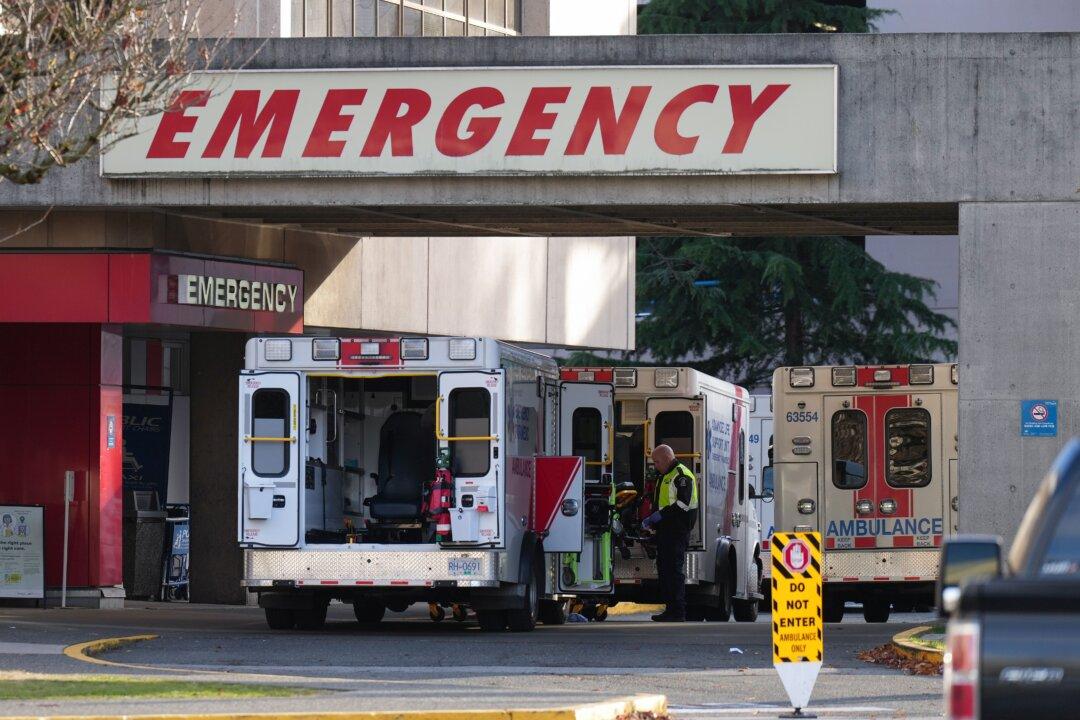Commentary
British Columbia’s health-care system remains in crisis due to severe understaffing, while the B.C. government prevents thousands of doctors and nurses from returning to work.

British Columbia’s health-care system remains in crisis due to severe understaffing, while the B.C. government prevents thousands of doctors and nurses from returning to work.